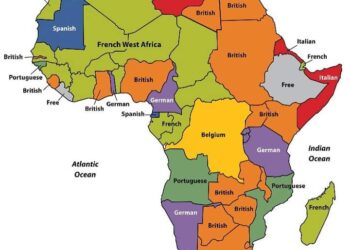United Nations International Fund for Agricultural Development (IFAD) has distributed 861 vehicles to support the implementation of a Climate Change Adaptation and Agri-business Support Programme in seven states in Nigeria.
At a program in Katsina to launch the distribution of the vehicles, the Agri-business Specialist at IFAD, Mr. Achem Bello, explained that the seven Sahel states were selected based on their exposure to the adverse effects of climate change, particularly desertification and low rainfall.
According to him, the benefiting states are Katsina, Sokoto, Kebbi, Zamfara, Jigawa, Borno and Yobe, which are worst hit by the effects of climate change.
He said each of the benefitting states was given 119 motorcycles, three Hilux vehicles and a Special Utility bus for distribution to the program implementers in the selected local government areas in each state.
Bello explained that the vehicles were distributed to the program implementation agents to aid mobility and facilitate more effective delivery of extension services to farmers in the nooks and crannies, as well urged the state and local government IFAD agents to use the vehicles for the efficient implementation of the programme’s objectives.
The agri-business specialist, who spoke on behalf of the National Programme Coordinator, Alhaji Muhammad Laeal Idah, said the programme was supporting production and commerce in staple foods such as rice, maize, sorghum, wheat and guinea corn, in line with the federal government’s desire to promote large scale commercial agriculture.
In his remarks, the Special Adviser on Agriculture to Governor Aminu Bello Masari, Dr. Abba Abdullahi, said Katsina state government was prompt in the release of its counterpart funds for the programme, which had similar objectives with the state governments’ agricultural restoration initiative.
Blueprint gathered that the Climate Change Adaptation and Agri-business Support Programme, which is a $93 million project, would be implemented in six years.



